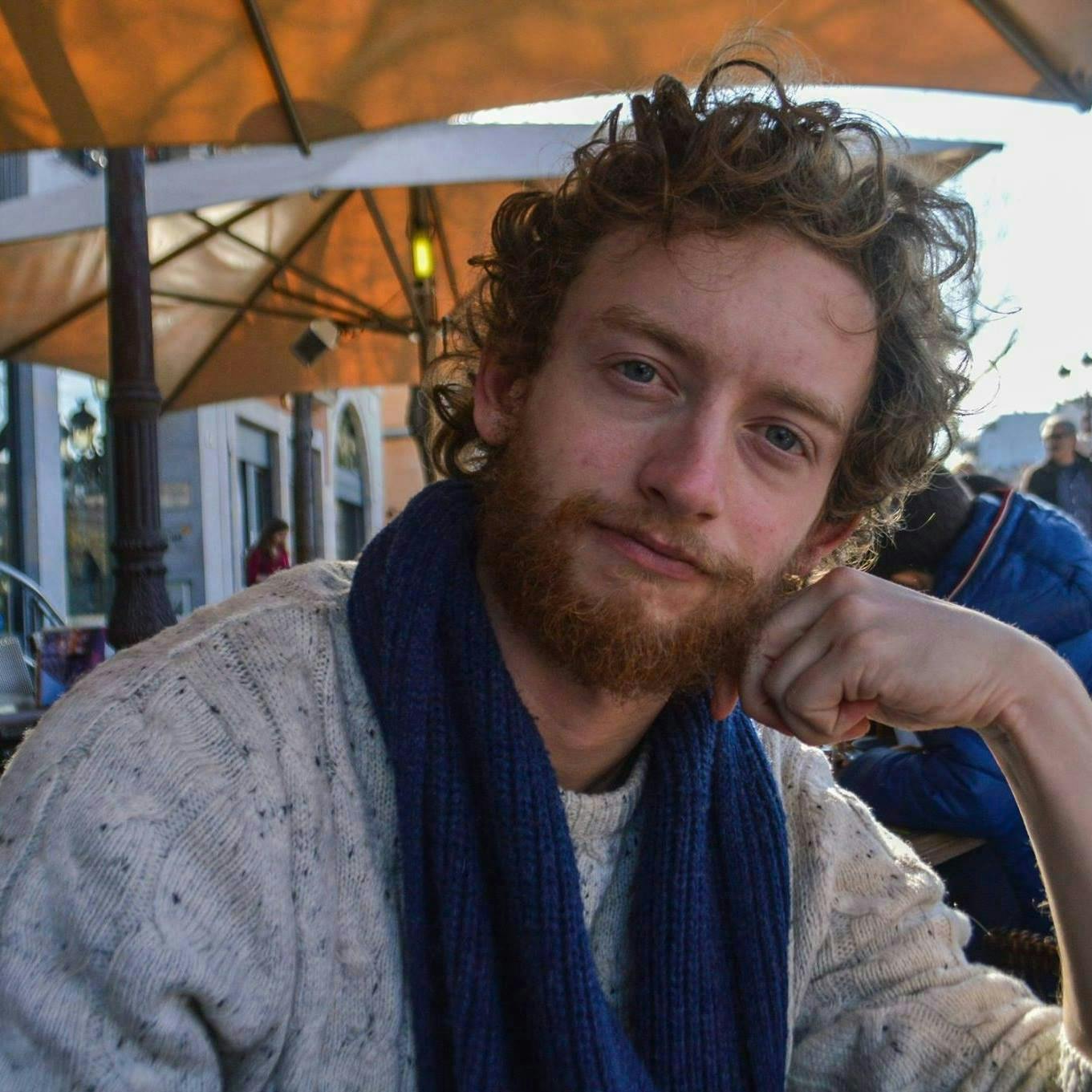Culture and Language
There is a general sense of hope, solidarity and positivity about the future in Rwanda, but recognition of its tragic history can’t be ignored. Never raise the topic of the genocide against the Tutsi or ask about anyone’s ethnicity – as a policy, everyone is now Rwandan. Talking about politics, especially in public, is frowned upon and doing so might make people around you uncomfortable. To foster community, neighbors gather together for umuganda on the last Saturday of each month to work on local projects. As a foreigner you’re exempt from umuganda (but welcome to participate) and you shouldn’t leave your house until after work is completed at 11 AM on these days. Rwandan society as a whole is conservative, though Kigali a little less so. People dress modestly and are generally polite and non-confrontational. It can take some time to really get to know Rwandans, but if you make an effort you’re sure to create some solid new friendships.
Learning the Language
The national language of Rwanda is Kinyarwanda but English is widely spoken in Kigali and is the language of choice for commerce and government. In 2010, Rwanda switched the language of instruction in schools from French to English so younger people are likely to speak English and it’s more common for older Rwandans to know French (though many Kigalians are trilingual). Outside of Kigali, people are more likely to speak only Kinyarwanda. If you want to learn Kinyarwanda, you’re in for a fun ride; as a Bantu language it’s quite different from European languages and learning can feel like a puzzle to native English speakers. Inzora Rooftop Café runs regular introductory group classes and finding a private tutor is easy and affordable. Google Translate features Kinyarwanda, which can also help you learn a little. Rwandans will light up when they hear you speak their language and that alone is worth making the effort, even if it’s just for a few common phrases.
Main photo by One zone Studio

